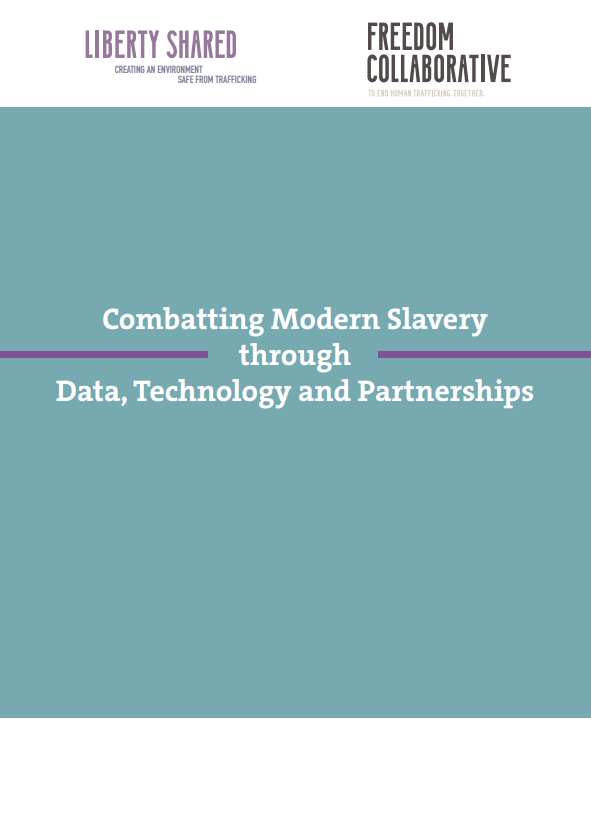Third-party monitoring of measures against child labour and forced labour during the 2017 cotton harvest in Uzbekistan
PublicationsThere is no systematic use of child labour in the cotton harvest in Uzbekistan and significant measures to end forced labour are being implemented. The annual cotton harvest in Uzbekistan is a unique large-scale effort. In 2017, an estimated 2.6 mil...Read More

